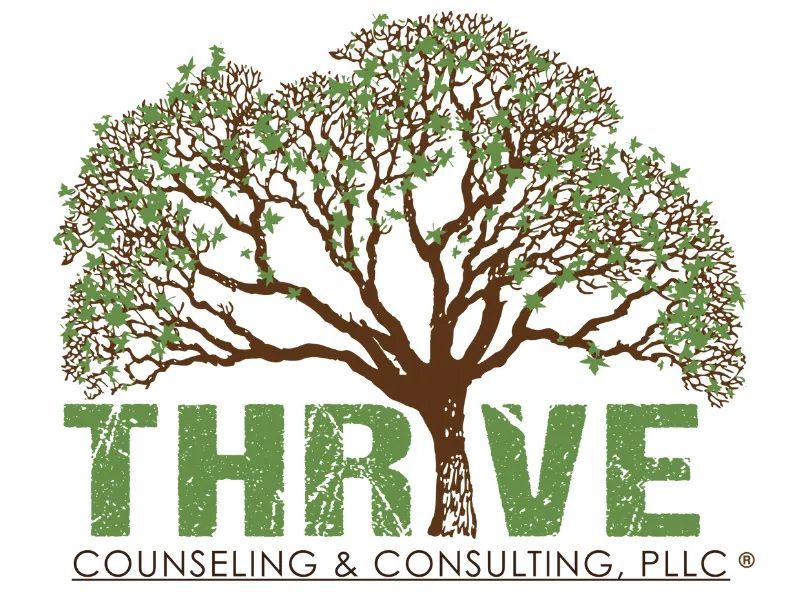PTSD: Causes, Symptoms, Therapy, & More
PTSD, or Post Traumatic Stress Disorder, can develop after an immensely stressful, frightening, or life altering occurrence. Each person that experiences PTSD has different symptoms and deals with it differently - it is unique to everyone. There are many different causes and symptoms of PTSD, so read below to discover more about it.
Causes of PTSD
- Serious Accidents: accidents including car accidents, workplace accidents, slip & fall accidents, or even things falling constitute for serious accidents.
- Abuse
- Physical or Sexual Assault
- War & Conflict
- Serious Health Problems (admitted to intensive care or mental health facilities)
- Torture
Every single person does not develop PTSD that has endured experiences like this. There still aren’t answers as to why some people develop PTSD and some do not. That being said, there are some factors that people have that have shown are more likely to develop PTSD.
Who Is at Risk?
People who have experienced a traumatic event that also deal with mental health issues including anxiety & depression are more susceptible to developing PTSD. If you yourself do not have anxiety or depression but one of your parents do, it is also said to be a factor in developing PTSD. Another factor that puts people at risk of PTSD is loneliness or lack of support. After a traumatic event, if you do not have a support system, whether it be friends or family, it is more likely for PTSD to develop.
Symptoms of PTSD
- Reliving The Event: This can come in many forms, including flashbacks, intrusive thoughts or images, nightmares, and even physical sensations such as pain, trembling, shaking, or nausea.
- Avoiding Feelings or Memories: Having to keep busy, avoiding anything that reminds you of the trauma, partaking in self-destructive or reckless behavior, being unable to express affection, and not being able to remember details of the traumatic event.
- Challenging Feelings or Beliefs: These may have already been present, might have developed, or have been magnified due to PTSD. These can be feelings like you can’t trust anyone, feeling like there is no safe place for you, blaming yourself for what happened, and overwhelming negative feelings such as anger or sadness.
- Alertness or Feeling on Edge: Disturbed sleep or lack of sleep, unexplained feelings of anger, easily startled, and finding it hard to concentrate.
PTSD Therapy
Thrive Counseling & Consulting, PLLC offers PTSD therapy to those affected by the disorder. Our professional therapists provide support and guidance through this challenging disorder. We focus on healing PTSD so that you can manage daily life. Don’t hesitate to contact us today to learn more about our PTSD therapy services.











